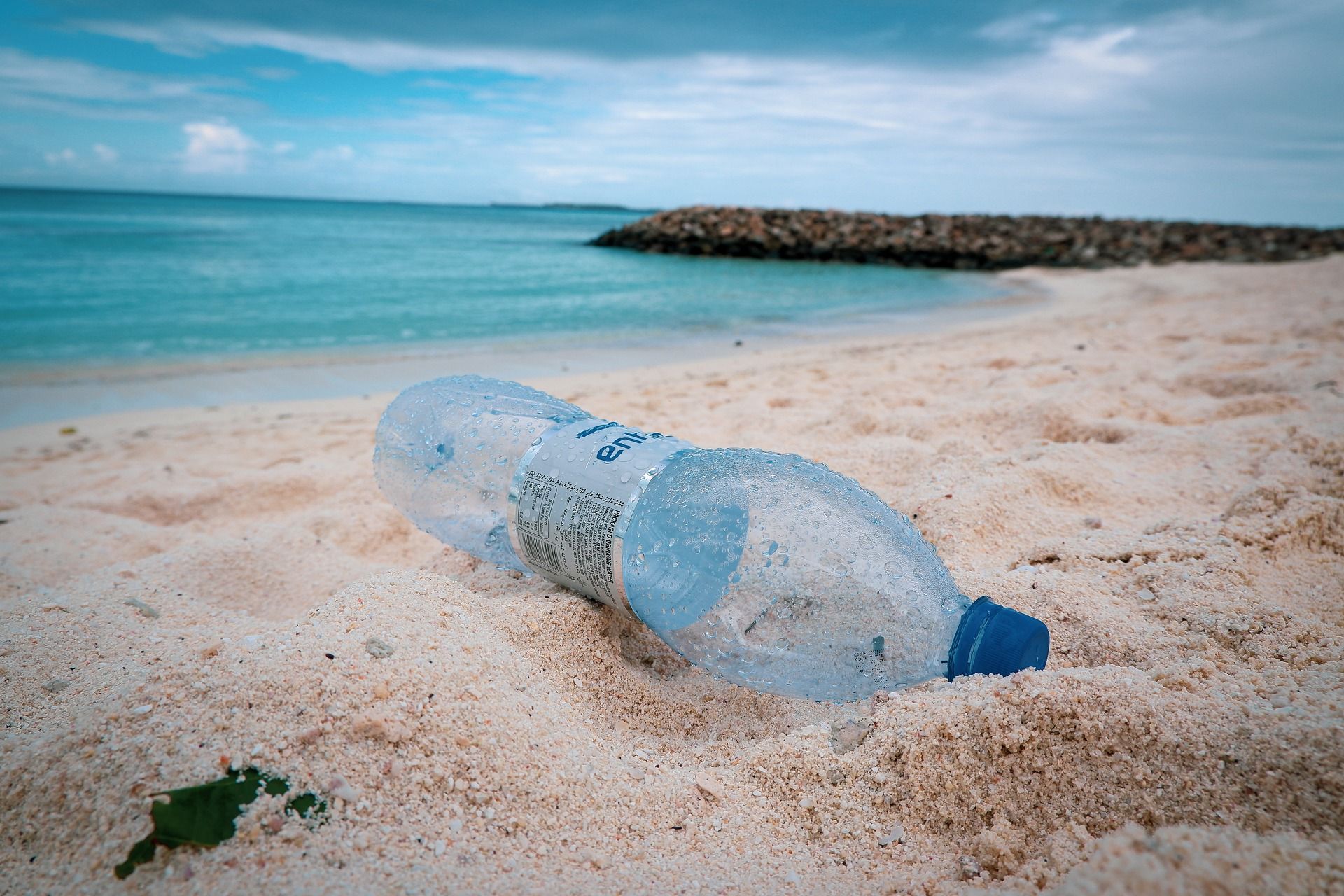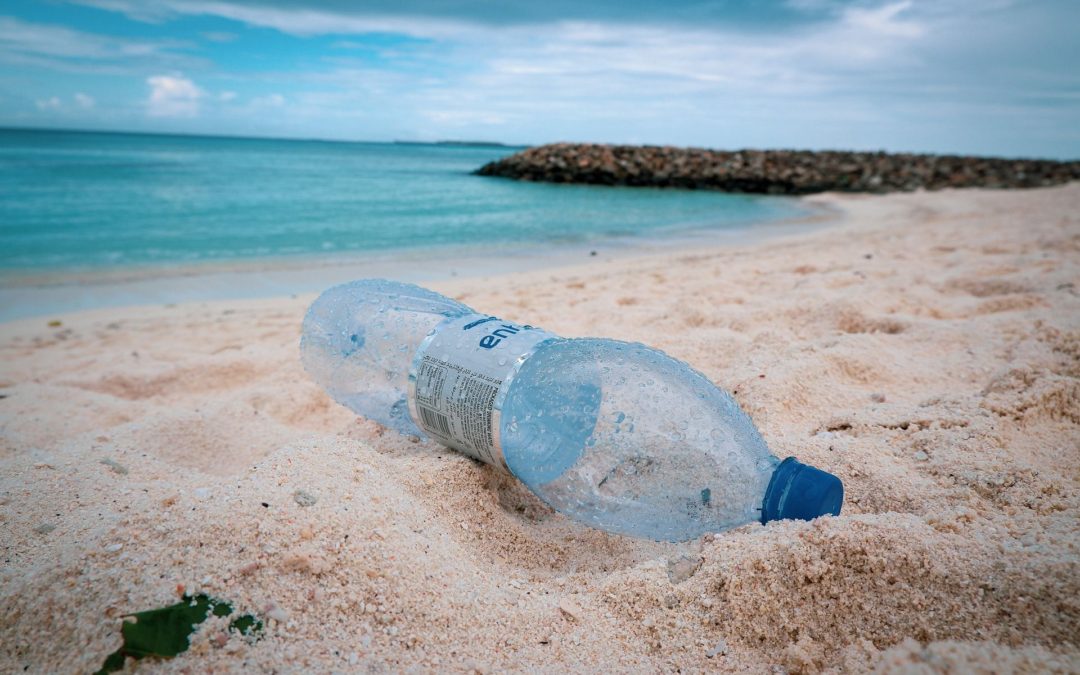
Microplastics are found everywhere in streams and seas today. Exactly how harmful the microplastics are to living organisms is not entirely clear, but the plastics can block the digestive organs of aquatic organisms and lead to death from starvation.
Yet, a part of the problem may have an unexpectedly simple solution, according to research from Trinity College Dublin in Ireland. The researchers have investigated how microplastics in household equipment, such as kettles and plastic bottles, dissolve in water.
The spread of plastics was not as large as previously assumed. The reason for this is that previous surveys used completely clean water. But tap water contains not only water but also minerals and various pollutants. It turns out that this is something that makes a big difference.
"If we use tap water, the decomposition of plastic will be completely different than if we use completely clean water. The minerals cover the plastic and prevent the decomposition of the plastic into microplastics", says John J Boland, professor at Trinity College Dublin and one of the researchers behind the study, in a press release.
The discovery also means that there is an easy way to ensure that plastic products are not broken down into microplastics.
"This type of "skin" can be manufactured in a lab and then laid as a protective film over the plastic during manufacture. In this way, we can use nature's own solution to solve a major environmental problem", says John J Boland.





